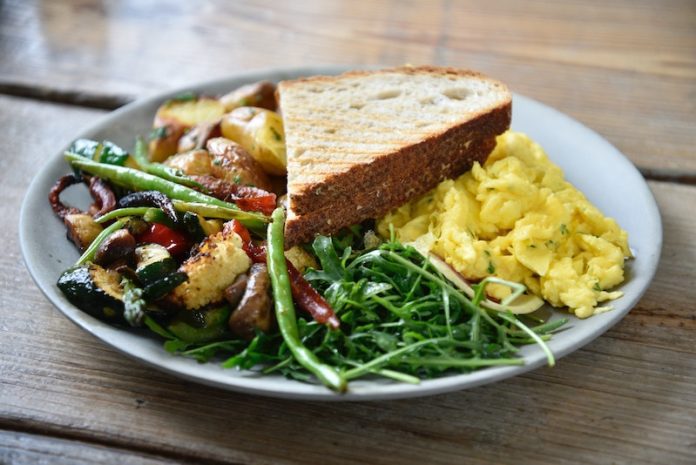
Type 2 diabetes is a chronic condition that affects millions of people worldwide.
It is characterized by high blood sugar levels, which can lead to a variety of complications over time, including nerve damage, kidney disease, and cardiovascular disease.
While there is no cure for diabetes, there are several ways to manage the condition, including a healthy diet.
In this article, we will discuss the best and worst foods for people with type 2 diabetes.
Best Foods for Type 2 Diabetes
- Non-Starchy Vegetables
Non-starchy vegetables such as spinach, kale, broccoli, and peppers are low in calories and carbohydrates, making them an excellent choice for people with type 2 diabetes.
They are also rich in fiber, which can help to slow the absorption of glucose into the bloodstream, leading to more stable blood sugar levels.
- Whole Grains
Whole grains such as brown rice, quinoa, and whole wheat bread are rich in fiber and complex carbohydrates, which can help to regulate blood sugar levels.
They also contain essential vitamins and minerals, including magnesium, which is essential for insulin sensitivity.
- Lean Proteins
Lean proteins such as chicken, fish, and tofu are low in saturated fat and can help to stabilize blood sugar levels. They also provide essential amino acids that are necessary for muscle repair and growth.
- Nuts and Seeds
Nuts and seeds such as almonds, walnuts, and chia seeds are rich in healthy fats, fiber, and protein. They can help to regulate blood sugar levels and reduce the risk of cardiovascular disease.
- Fruits
Fruits such as berries, apples, and oranges are rich in fiber, vitamins, and minerals. They are also a good source of natural sugars, which can help to satisfy a sweet tooth without causing blood sugar spikes.
Worst Foods for Type 2 Diabetes
- Sugary Beverages
Sugary beverages such as soda, sports drinks, and fruit juices are high in sugar and can cause blood sugar levels to spike. They are also low in fiber and can contribute to weight gain, which is a risk factor for type 2 diabetes.
- Processed Foods
Processed foods such as white bread, pasta, and snack foods are often high in refined carbohydrates, which can cause blood sugar levels to spike. They are also low in fiber and can contribute to weight gain.
- Trans Fats
Trans fats are found in foods such as fried foods, margarine, and baked goods. They can contribute to insulin resistance and inflammation, which can increase the risk of type 2 diabetes.
- High-Fat Meats
High-fat meats such as bacon, sausage, and beef are high in saturated fat and can contribute to insulin resistance and inflammation. They can also contribute to weight gain, which is a risk factor for type 2 diabetes.
- Alcohol
Alcohol can interfere with blood sugar control and contribute to weight gain, which is a risk factor for type 2 diabetes.
People with type 2 diabetes should limit their alcohol intake and talk to their healthcare provider about safe levels of consumption.
In conclusion, a healthy diet is essential for managing type 2 diabetes. Non-starchy vegetables, whole grains, lean proteins, nuts and seeds, and fruits are all excellent choices for people with type 2 diabetes.
Sugary beverages, processed foods, trans fats, high-fat meats, and alcohol should be avoided or limited. It is important to talk to a healthcare professional or a registered dietitian before making any significant changes to your diet, especially if you have diabetes.
With a healthy diet and other lifestyle changes such as regular exercise and stress management, people with type 2 diabetes can manage the condition and reduce the risk of complications.
Copyright © 2023 Scientific Diet. All rights reserved.








